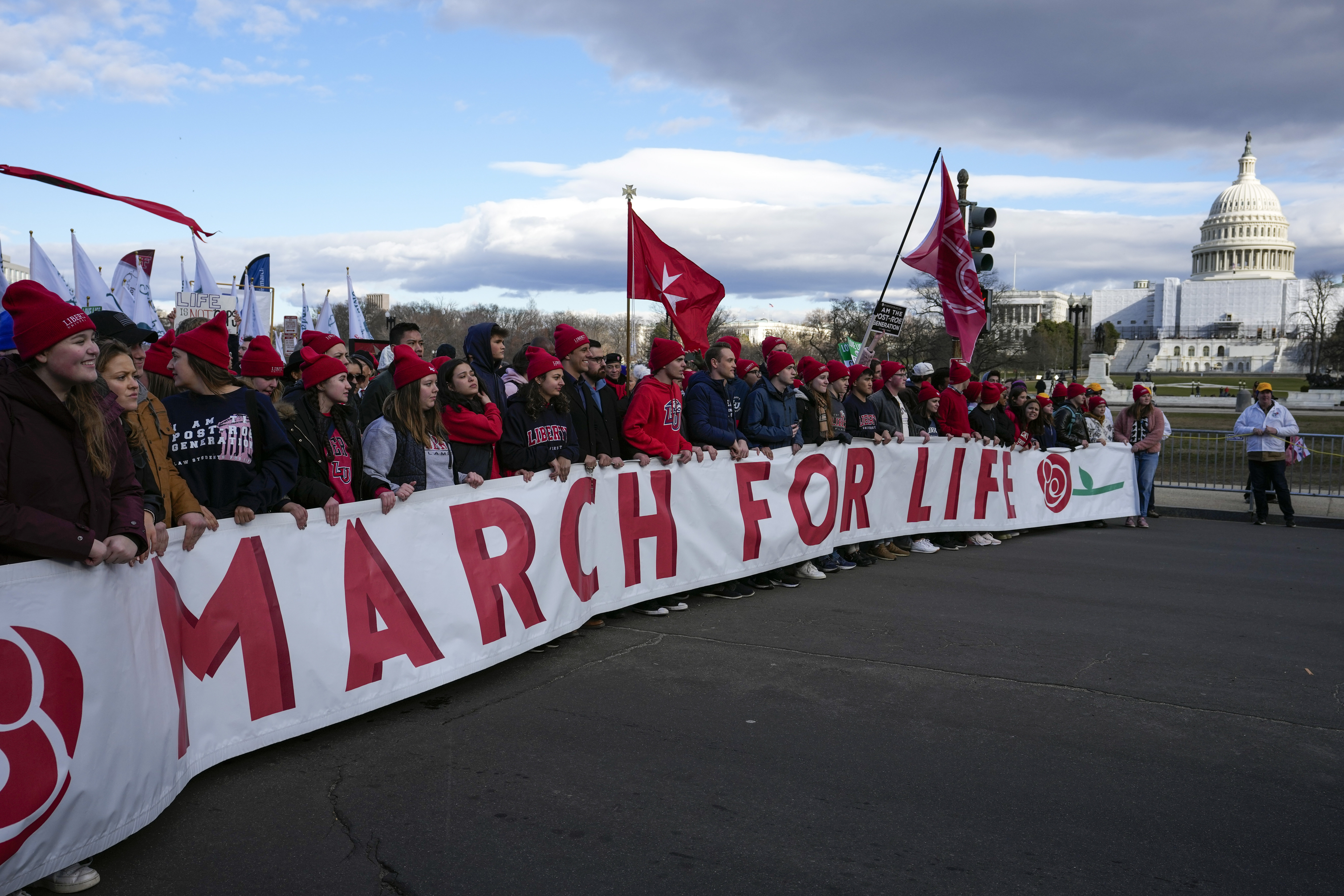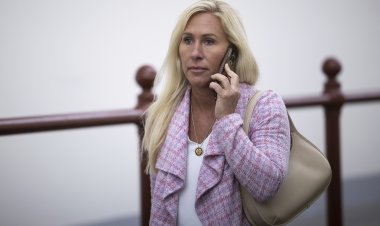National Archives offers personal tours to anti-abortion activists who sued
The deal involves March for Life participants who alleged that guards violated the First Amendment by forcing them to cover up slogans on shirts and pins.


The National Archives has struck a deal with a pair of anti-abortion activists who are suing the federal agency after security guards allegedly forced them to cover up T-shirts and pins with abortion-related messages on them during a visit to the Archives last month.
Under the agreement filed in federal court on Tuesday afternoon, the National Archives and Records Administration has promised to abide by a preexisting policy allowing visitors to wear T-shirts, hats and buttons “that display protest language” and to reiterate the policy to all Archives personnel who interact with the public.
The Archives has also agreed to give a “personal apology” and “personal tour” to Virginia resident Wendilee Lassiter and a 17-year-old Michigan high school student whose name has been withheld from public court papers related to the suit they and others filed last week in U.S. District Court in Washington, D.C.
The Archives issued a statement last week apologizing for the incident.
“Early indications are that our security officers quickly corrected their actions,” the statement said, acknowledging the irony of the activists being told to cover up their protest garb while touring documents proclaiming free speech and freedom of religion.
Another group of young attendees at the annual March for Life filed a similar lawsuit last week against the Smithsonian Institution, alleging that during a visit to the National Air and Space Museum on the same day, they were harassed and told to take off matching ski hats reading “Rosary PRO-LIFE.”
The interim deal filed with the court on Tuesday in the Archives case will not resolve that lawsuit, but offers the plaintiffs a preliminary injunction similar to the one they planned to seek from the court, court papers say. The agreement needs approval from the judge assigned to the case, Timothy Kelly, an appointee of former President Donald Trump. According to a footnote, the deal is not intended to affect the Archives’ ability to regulate “clothing containing profanity.”
No similar agreement has been filed in the suit stemming from the events at the National Air and Space Museum, but the Smithsonian has apologized for its guards’ actions and promised retraining.












